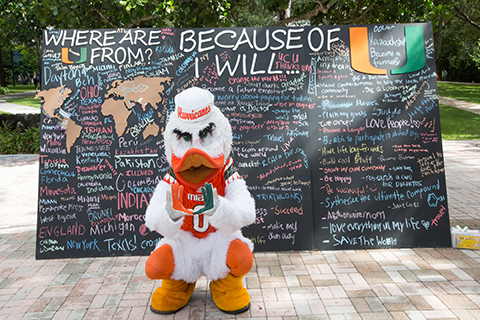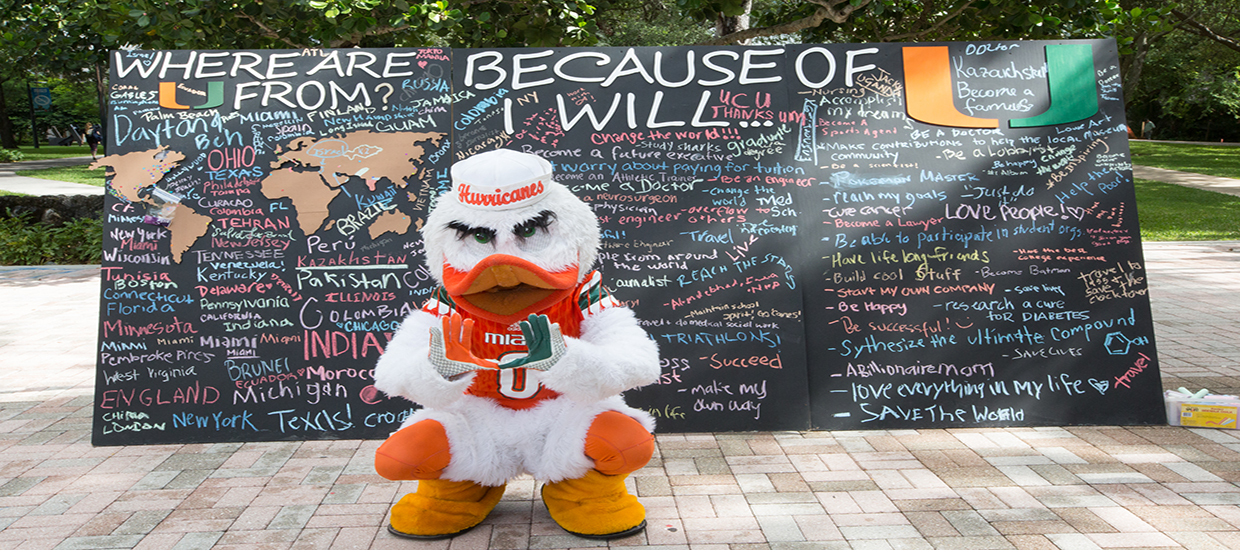The Native and Global Indigenous Studies (NAGIS) is an interdisciplinary project that aims to make the Indigenous past and present of South Florida, our hemisphere, and the world a meaningful realm of scholarly inquiry and social engagement at the University of Miami.
NAGIS developed out of an understanding that indigeneity comprises a compendium of social, political, and cultural realities and identifications with concrete implications for UM, South Florida, the Americas, and the world. Our commitment to anti-racism and social justice includes acknowledging and addressing the land theft, genocide, ethnocide, cultural erasure, and diverse sociopolitical challenges that Indigenous populations have faced in the US and globally. To this end, NAGIS brings together scholars, staff, and students from many schools and colleges to work together and in collaboration with Indigenous peoples locally, nationally, and internationally.





